The National Assembly passed four bills on the morning of November 26 - Photo: GIA HAN
On the morning of November 26, with the majority of delegates voting in favor, the National Assembly passed four bills including: the Extradition Law , the Law on Transfer of Persons Serving Prison Sentences, the Law on Mutual Legal Assistance in Civil Matters, and the Law on Mutual Legal Assistance in Criminal Matters.
Specify the competent authority, the mechanism for delegating authority and the place of detention before extradition.
The Extradition Law passed consists of 4 chapters and 45 articles.
There is a separate provision regulating the detention of persons in emergency cases prior to a request for extradition.
Accordingly, in case a foreign country requests Vietnam to detain a person in an emergency before requesting extradition according to the provisions of an international treaty on extradition to which Vietnam and that country are both members, the Ministry of Public Security shall check the validity of the document requesting the detention of the person according to the provisions of that international treaty.
In case the request for detention is valid, the Ministry of Public Security shall immediately transfer it to the competent police agency to decide to detain the person and send him/her to an accommodation facility according to regulations.
The period of detention and the content of the document requesting detention in an emergency before a request for extradition are implemented according to the provisions of that international treaty.
In case a foreign country requests Vietnam to detain a person in an emergency before requesting extradition, and Vietnam and that country are not members of an international treaty on extradition, the Ministry of Public Security shall check the validity of the document requesting detention according to regulations.
In case the request for detention is valid, the Ministry of Public Security shall immediately transfer it to the competent police agency to decide to detain the person and send him/her to an accommodation facility according to regulations.
The period of detention in emergency cases is 45 days from the date of admission to the accommodation facility.
In the report explaining and accepting before the National Assembly passed it, Chairman of the National Assembly's Committee on Law and Justice Hoang Thanh Tung said there were opinions that the detention of people in emergency cases related to human rights and demonstrating Vietnam's responsibility in international cooperation should have more specific regulations on competent authorities and mechanisms for delegation of authority.
Along with that, regulations on places to detain people in emergency cases to ensure feasibility, and at the same time assign the Minister of Public Security to guide on the content of the decision to detain people, the regime and management of detainees during the detention period at accommodation facilities.
In response to comments, the National Assembly Standing Committee directed the addition of the above contents to the law.
In accordance with international practice
The Extradition Law also has a separate provision regulating cases that can be extradited. Specifically:
A person who can be extradited is a person who has committed a crime for which Vietnamese law and foreign law prescribe a prison sentence of 1 year or more, life imprisonment or the death penalty, or who has been sentenced to prison by a court of the country requesting extradition and has at least 6 months remaining to serve the prison sentence.
The criminal acts of the above-mentioned persons do not necessarily have to belong to the same group of crimes or the same crime, and the elements constituting the crime do not have to be completely identical according to the provisions of Vietnamese law and foreign law.
In cases where a foreign country requests extradition involving a person who has committed multiple crimes, each of which constitutes a crime under Vietnamese law and foreign law, and at least one of which meets the above conditions, Vietnam may agree to extradite that person. In cases where Vietnam is the country requesting extradition, the Ministry of Public Security shall request the competent authority of the foreign country to agree to extradite similar cases.
In case the criminal act of the person specified above occurs outside the territory of Vietnam, the extradition of that person may be carried out if Vietnamese law stipulates that such act is a criminal act.
In the report explaining and accepting before the National Assembly passed it, Chairman of the National Assembly's Committee on Law and Justice Hoang Thanh Tung said there was a proposal to raise the minimum penalty threshold to 2 years in prison or more to ensure effective international judicial cooperation.
On the other hand, it avoids wasting administrative resources on small cases, while at the same time demonstrating a humane policy, only extraditing truly serious acts that pose a danger to society.
Regarding this, the National Assembly Standing Committee believes that the provision of a minimum penalty of 1 year in prison or more as in the bill is inherited from the current Law on Judicial Assistance.
This provision is also consistent with international practices and commitments in extradition treaties that Vietnam has signed, aiming to ensure flexible and timely cooperation in many cases and not limited to serious crimes.
The Minister of Public Security presides over and coordinates detailed regulations on the conversion of prison sentences.
The Law on Judicial Assistance in Civil Matters has 4 chapters and 38 articles; the Law on Judicial Assistance in Criminal Matters has 4 chapters and 42 articles; and the Law on Transfer of Persons Serving Prison Sentences has 4 chapters and 48 articles.
According to the Law on Transfer of Persons Serving Prison Sentences, the Ministry of Public Security is the central agency of the Socialist Republic of Vietnam on the transfer of persons serving prison sentences.
The Minister of Public Security shall preside over and coordinate with the Chief Justice of the Supreme People's Court and the Chief Prosecutor of the Supreme People's Procuracy to prescribe details.
Regarding this issue, Chairman Hoang Thanh Tung said that he intended to consider the regulation that assigns the Minister of Public Security to preside over and coordinate with the Chief Justice of the Supreme People's Court and the Chief Prosecutor of the Supreme People's Procuracy to stipulate details that are inappropriate and unnecessary.
The National Assembly Standing Committee believes that the conversion of prison sentences is a complicated issue that directly affects the rights of people serving prison sentences, while Vietnam's criminal policy has many differences with other countries.
Therefore, the Committee recommends keeping the provisions unchanged to ensure that the law is feasible, stable, and convenient to apply, in accordance with the requirements of innovation in legal thinking.
Source: https://tuoitre.vn/quoc-hoi-thong-qua-luat-dan-do-co-quy-dinh-quyen-giu-nguoi-trong-truong-hop-khan-cap-20251126090813051.htm


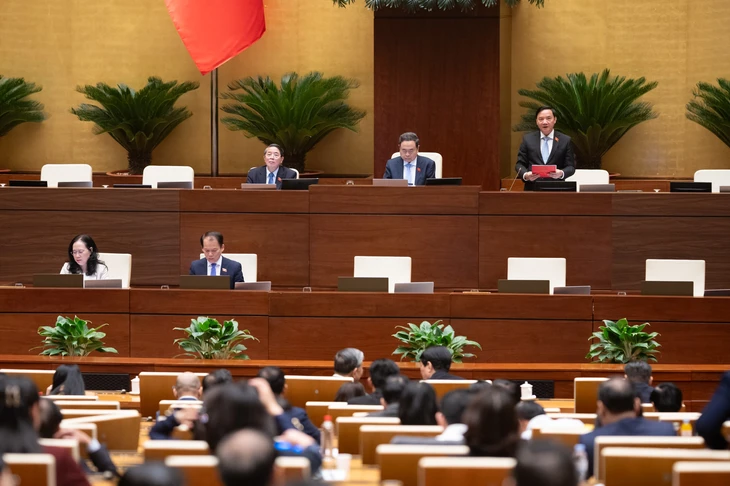




![[Photo] Close-up of heavy damage at the school located on the banks of the Ban Thach River](/_next/image?url=https%3A%2F%2Fvphoto.vietnam.vn%2Fthumb%2F1200x675%2Fvietnam%2Fresource%2FIMAGE%2F2025%2F11%2F26%2F1764152130492_ndo_bl_img-8188-8805-jpg.webp&w=3840&q=75)

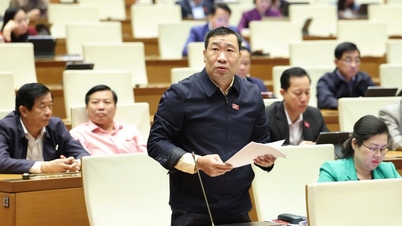

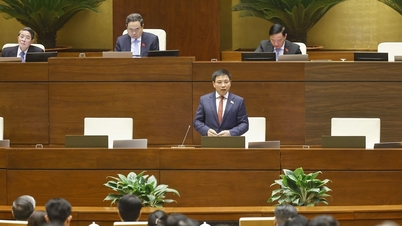

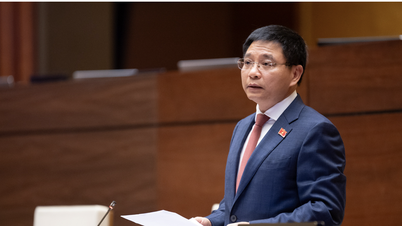

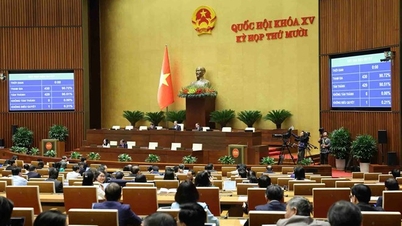

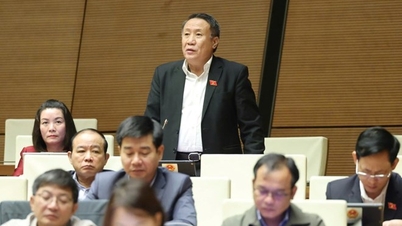
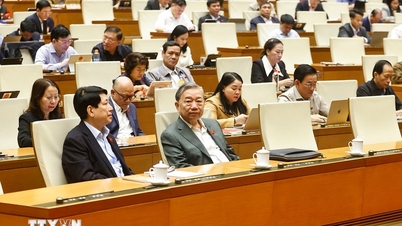

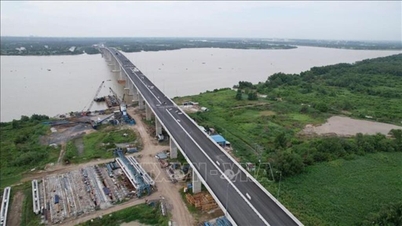
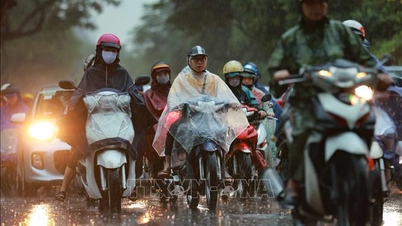
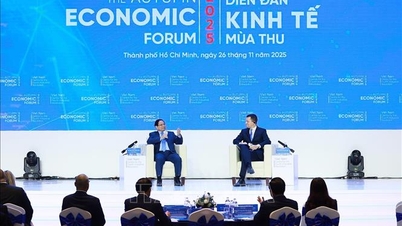
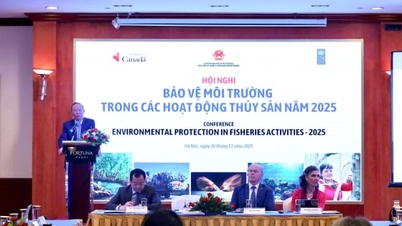


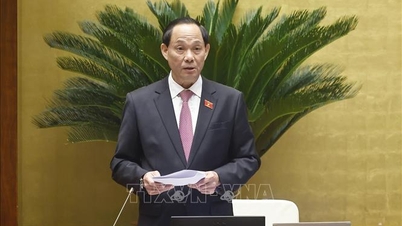




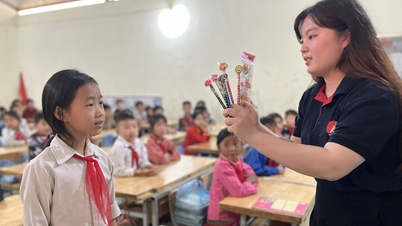

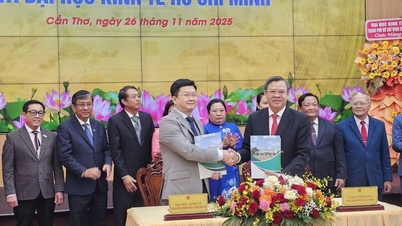
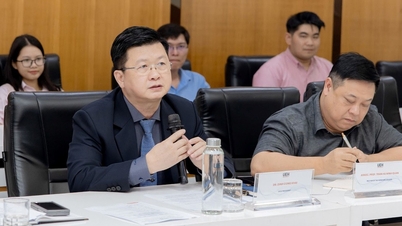
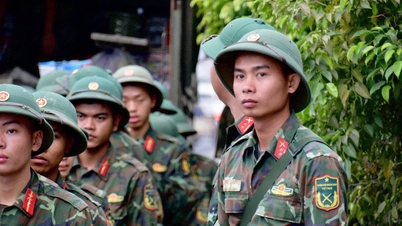
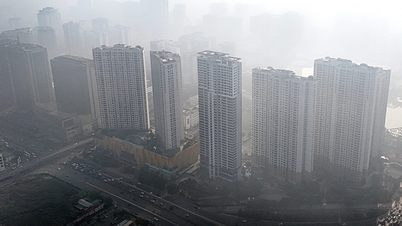








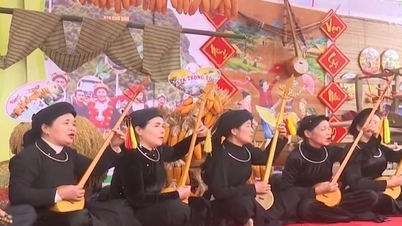

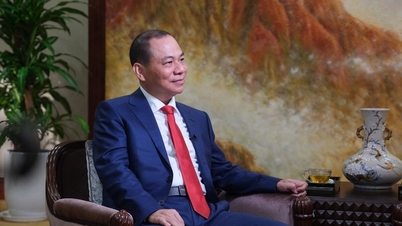

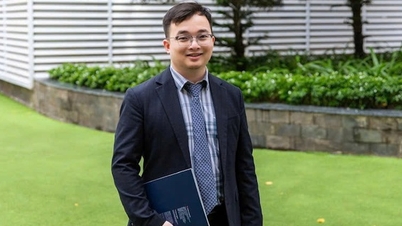

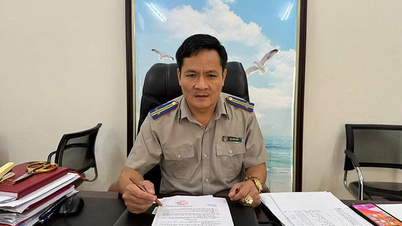

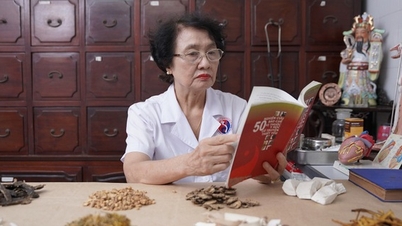

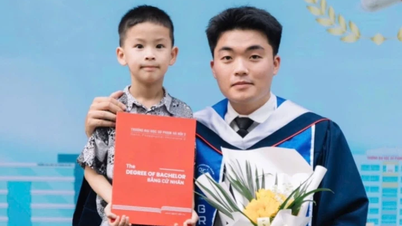

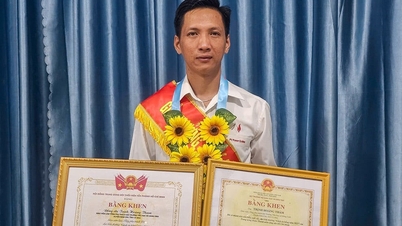

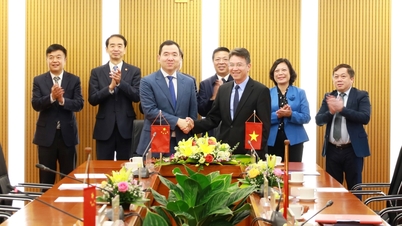





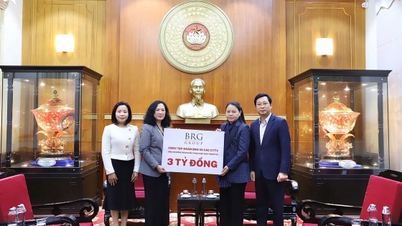
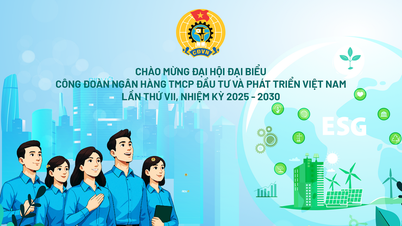








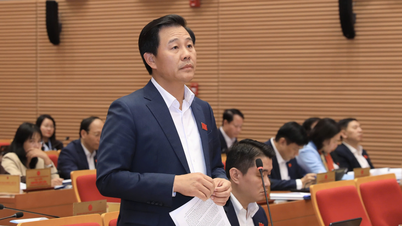
![[Photo] Opening of the 28th Session of the Hanoi People's Council](https://vphoto.vietnam.vn/thumb/402x226/vietnam/resource/IMAGE/2025/11/26/1764155991133_image.jpeg)


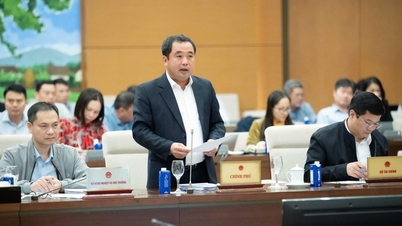
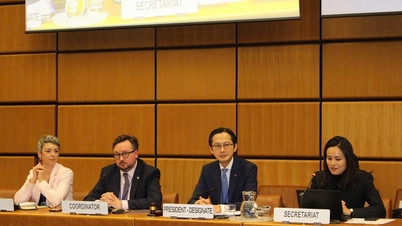


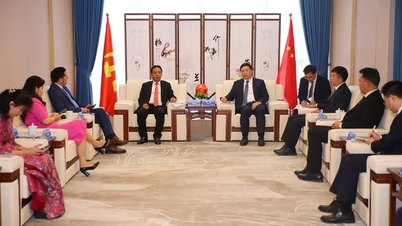





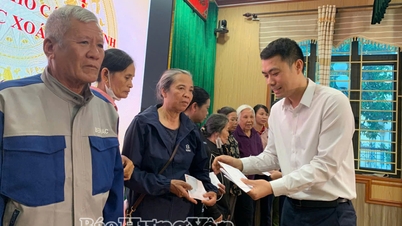
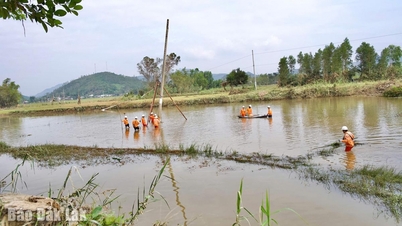

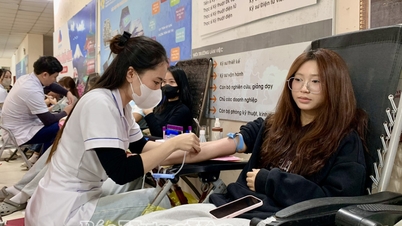
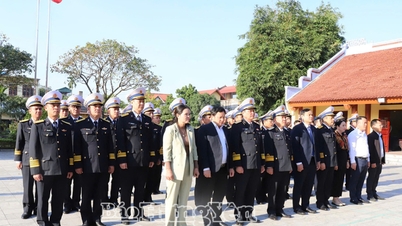
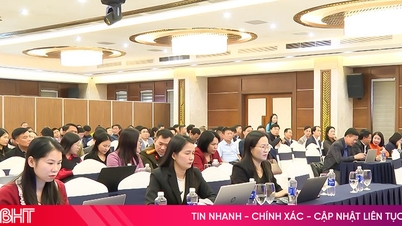














Comment (0)